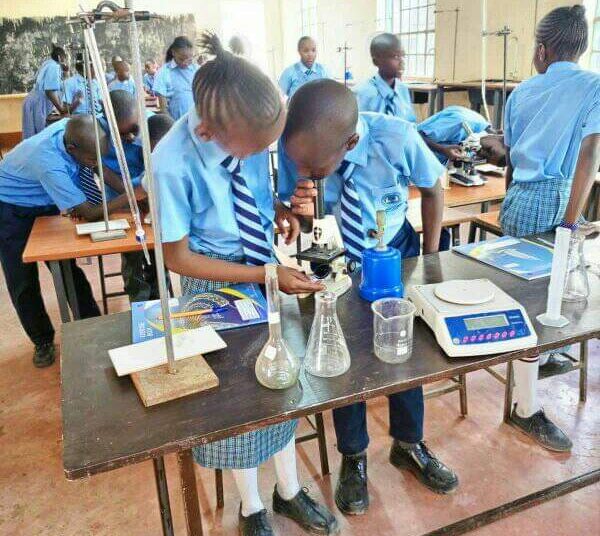Public schools are suffering from a severe shortage of Junior Secondary School (JSS) teachers, with some schools going weeks without a single tutor or intern.
Although the Teachers Service Commission (TSC) has hired 21,550 interns, it is still insufficient, and the majority of the interns have specialized in History, Geography, Kiswahili, and Religious studies.
Another issue is the the interns are not evenly distributed among the 24,000 public schools.
There have been complaints that some schools received three to five interns while others received none.
The new Competency-Based Curriculum (CBC) mandates that a school have at least six teachers to cover the 12 core learning areas plus two optional subjects.
“Majority of teachers posted by TSC here are those having a cluster of history and CRE with other learning areas needing outsourcing,” said a head teacher who spoke on condition of anonymity.
Most head teachers have identified teachers with diplomas and degrees to plug shortage while the Ministry of Education works out a solution.
For instance, TSC has posted three interns at Kariobangi South Primary School, but the institution needs four teachers to handle JSS classes.
Munyau Mbondo, the head teacher at Nairobi School, is dealing with a similar issue.
“We realised that some of our teachers had upgraded their academic papers to either diplomas or degree level. We have identified eight of them and elevated them to our junior secondary,” Mbondo said.
According to Kenya Primary Schools Heads Association national chairman Johnson Nzioka, despite the government’s efforts to alleviate the problem, much more needs to be done.
“The interns hired by TSC are not enough to fill the gaps in the 24,000 public primary schools across the country. We are experiencing a lot of challenges as a result of teacher shortages,” said Nzioka.
Akelo Misori, secretary general of the Kenya Union of Post Primary Education Teachers (Kuppet), stated that school heads are suffering in silence due to the shortages.
“We are in a serious crisis that requires a series of consultative meetings with stakeholders to get out of the woods. They may be silent but they are going through a lot of challenges administering these schools,” Misori said.


